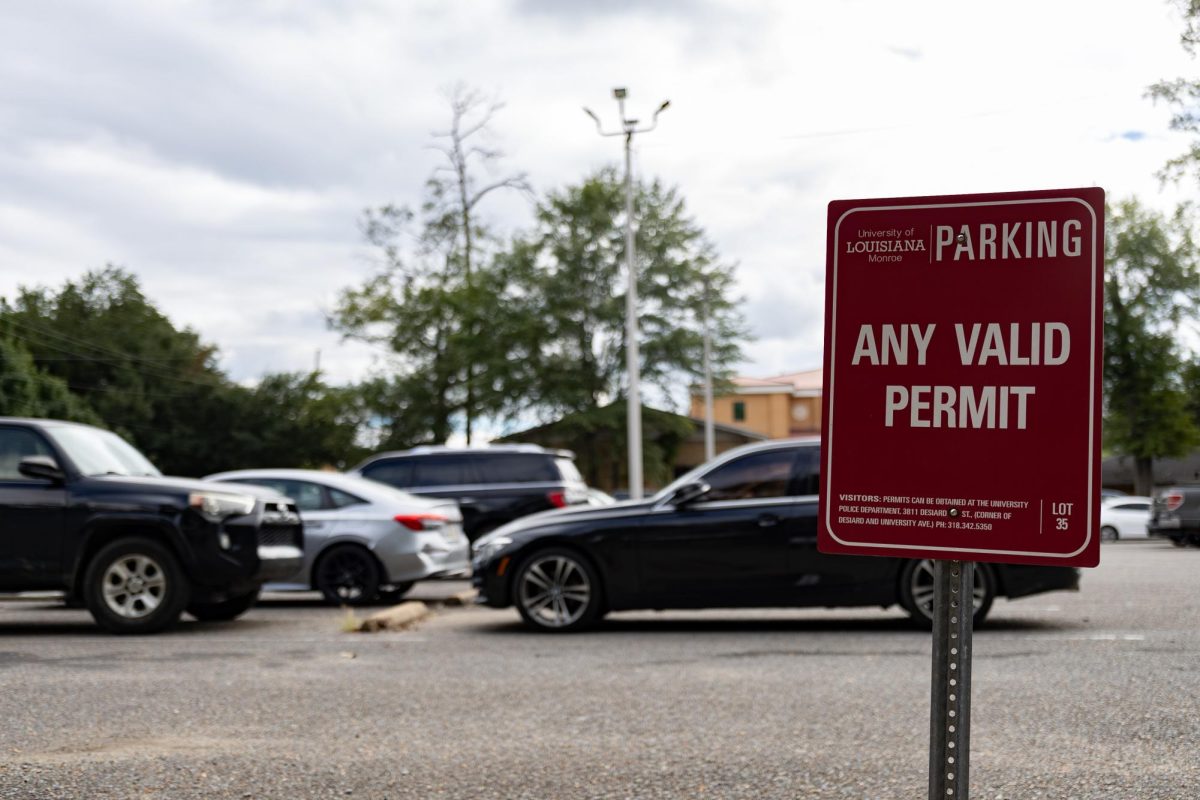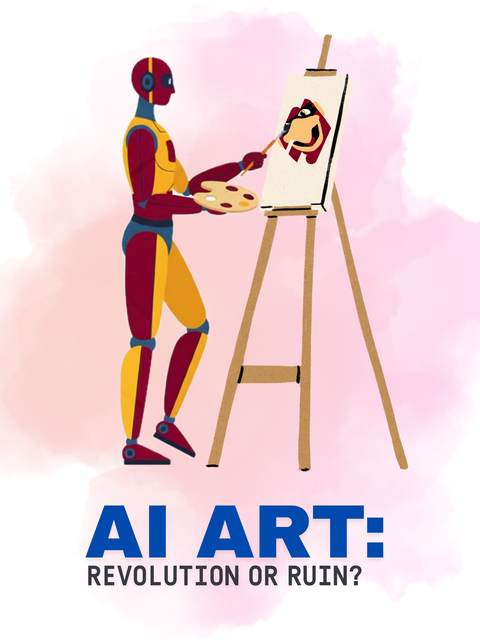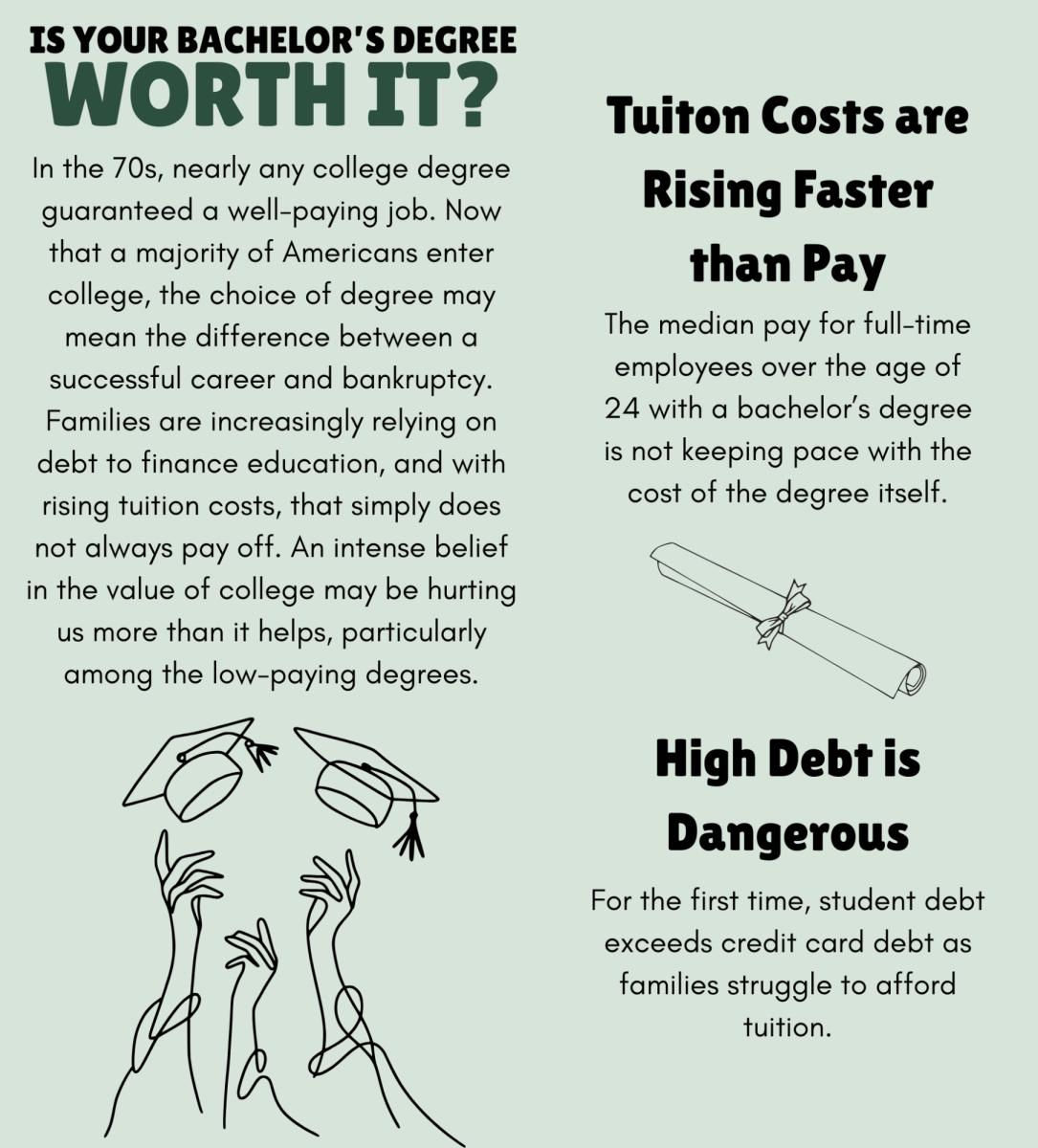Many have heard about proper netiquette rules in their first high school computer class.
But after many instances of scrolling through a long chain of cyber harassment, it would seem that very few let that message sink in.
When drama finds its way on the web, it is broadcast for the whole world to see.
This can be a serious problem, especially for young college students hoping to land a career.
Is this how individuals would present themselves to their potential employers? One of the many things that those employers may check is the social media, and they may not always like what they find there.
From pictures to posts, everything is visible and nothing is ever truly deleted.
But being lectured on what we post online is nothing new.
We’ve been told since we were in junior high how important it is to monitor our own profiles for the sake of teachers and future employers.
We’ve been taught about cyberbullying and spamming our peers.
However, the effects of cyberbullying go much farther than hurting our career prospects.
People often don’t realize that the comments posted can actually hurt people other than themselves.
Usually, when a person knowingly posts something negative about coworkers or peers online, that person knows what he or she is doing. This too is not news to this generation.
On the other hand, when a person posts negatively about a popular topic such as the latest pop star, he or she doesn’t always realize that there are real people who are affected by these comments.
We’ve been told it’s wrong to hurt and embarrass ourselves and each other, but are celebrities excluded from our wrath?
When the young local celebrity John Luke Robertson announced his engagement to Mary Kate McEacharn, the media didn’t hesitate to broadcast them.
Along with the posts of “congratulations” and “so happy for you,” the couple also received numerous discouraging posts from the public. Several of the posts were about the age of the couple and waiting a few years.
After scrolling a little farther, some on the web even went as far as stating that McEacharn only wanted his money while others posted that she has a large forehead.
Perhaps people don’t realize that it is still called cyberbullying when the topic is about famous couples, but it is.
Thankfully, the young couple didn’t seem to be phased by these comments, but that doesn’t mean the comments were not hurtful.
Even though celebrities have all their personal business broadcast, they are still real people with feelings just like everyone else on the planet.
Words may seem harmless on the surface, but on the inside they can eat at one’s soul until it seems like there is nothing left that is worth living for.
Unfortunately, drama and negativity is like a disease that can’t always be voiced face-to-face, and both are often released on Facebook.
With the speed and efficiency that technology allows, this viral disease that plagues human emotion can spread faster than any other illness known to man.
But the cure is simple.
If individuals would simply mind what they post online and show a level of maturity, we could save the world a lot of headache and heartache.
All that is required is just a little thought before you click “post.”
Religion can be spoken about freely, yet we tread softly when publically mentioning it.
But, the hardest idea to grasp is that having the right to spread religious awareness is certainly not the same as pushing beliefs on others.
While people reserve the right to practice religious freedom and to speak without restraint about any faith they choose, forcing others to listen isn’t freedom of speech; it’s harassment.
There are over 127 major religions and seven billion people on earth with seven billion different views of God. Some love Him, some fear Him, some question His existence and some are still searching for Him.
Some will decide that God plays no role in the trials and tribulations of life, while others will find faith the moment they see their newborn child take the first breath of being.
Whether we discover where we spiritually belong in a pew on Sunday morning or on a lonely drive with no destination, the journey to finding or forgetting God is what determines our views. We can’t be told what and who to believe in, or to even believe in anything at all.
What we learn, who we meet and the challenges we face are what we remember when we stand before Him, not the church members that knock on our front doors, or the people that stand in the quad condemning us all to hell.
And if the church goer at your front door changes your perspective, let them. Be baptized in one church, change your mind, and be baptized in another. Let what you learned in biology class make you question evolution and the powers above.
Learning from life experiences and questioning God’s ways isn’t sin; it’s human. It’s human to change emotionally, mentally, and spiritually when physical surroundings change. It’s human to simply be curious and indecisive.
Faith only exists because there are people that believe strongly enough in it to make it a reality and a way of life. Without doubters and differences, the strength of religion would never have anything to be measured against.
Because of that, religion without true belief is weak.
Never practice out of habit, don’t follow just because your parents or friends do, and don’t ever think one religion is superior to another. In a time that seems to have the explanation for everything in a test tube or on a database, people believing in any God at all is a miracle in itself.





